Lyman Bostock
35 years ago today Lyman Bostock was shot sitting in a car at the intersection of Fifth and Jackson in Gary, Indiana. If you don’t know his story, check out this great article on ESPN written by Jeff Pearlman.
The son of Annie, and Lyman Sr., Lyman Wesley Bostock was born on November 22nd 1950 in Birmingham Alabama. His father was a retired Negro League first baseman that played before WWII for the Brooklyn Royal Giants and the Birmingham Black Barons. His whole life, Lyman Sr. dreamed of playing in the major leagues, but he had to wait until April 8th, 1975 to see his name in a big league box score.
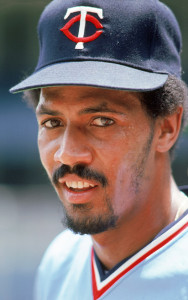 His parents divorced when he was a young child. In 1959, Lyman and his mother moved to California and he went on to become a star at Manual Arts High School in Los Angeles. He didn’t play baseball his first two years in college, joining the team at San Fernando Valley State College (now know as Cal State Northridge) in his junior year. After two all-conference seasons with the Matadors, he was drafted in the 26th round by the Minnesota Twins in 1972.
His parents divorced when he was a young child. In 1959, Lyman and his mother moved to California and he went on to become a star at Manual Arts High School in Los Angeles. He didn’t play baseball his first two years in college, joining the team at San Fernando Valley State College (now know as Cal State Northridge) in his junior year. After two all-conference seasons with the Matadors, he was drafted in the 26th round by the Minnesota Twins in 1972.
In 1977 with the Twins, he hit .336 — but this impressive performance was overshadowed by teammate Rod Carew and his memorable run at .400 that season. After that season, Bostock became one of baseball’s earliest big money free agents and signed with the California Angels for five years and a total of $2.5 million. Almost immediately after he signed, he donated some money to a church in his native Birmingham that had been destroyed by fire.
As the 1978 baseball season began, the suddenly high profile and highly paid Bostock struggled. Obviously pressing to produce for the generous owner of the Angels (Gene Autry) and his expectant fans, Lyman’s batting average sank to .150 in the month of April. Embarrassed by his performance, Bostock called Gene Autry and offered to return his first months pay check to the club! Autry refused, but Lyman donated the money to a local charity. When asked why he would give up part of his salary, he simply said, “If I can’t play up to my capabilities, I don’t want to get paid for it.” As the season progressed, he returned to his normal excellent form and was batting .296 on September 23rd, 1978.
The Angels were in the midst of a pennant race for the first time in the history of the franchise and on their last road-trip of the season. Lyman Bostock collected two hits, including a signature line drive in his last at bat in a 5-4 loss to the White Sox at Comiskey Park.
Following the game, as he regularly did when his team played in Chicago, Bostock met up with his uncle, Thomas Turner. Turner lived in nearby Gary, Indiana. After eating a meal with a group of relatives at Turner’s home, Bostock and his uncle went to visit Joan Hawkins, a woman Lyman had tutored as a teenager, but had not seen for several years.
After the visit, Turner agreed to give Hawkins and her sister, Barbara Smith, a ride to another house in Gary. Turner drove the vehicle, with Hawkins seated in the front passenger’s seat. Bostock and Smith rode in the vehicle’s back seat. As the vehicle crossed the intersection of 5th and Jackson streets, a car pulled up along side them. The driver got out and fired a shotgun into the back seat where Bostock was sitting. The shooter, Leonard Smith, did not even know Lyman Bostock. The shot was intended for Barbara Smith, his estranged wife. Lyman had known the Barbara for a total of twenty minutes.
For murdering Lyman Bostock, Leonard Smith spent less than two years in jail. There were two trials and he was eventually found NOT guilty by reason of insanity. He was sent to a mental hospital and was determined to no longer be “insane” after just a few months of “treatment”. Leonard Smith has been a free man since 1980.
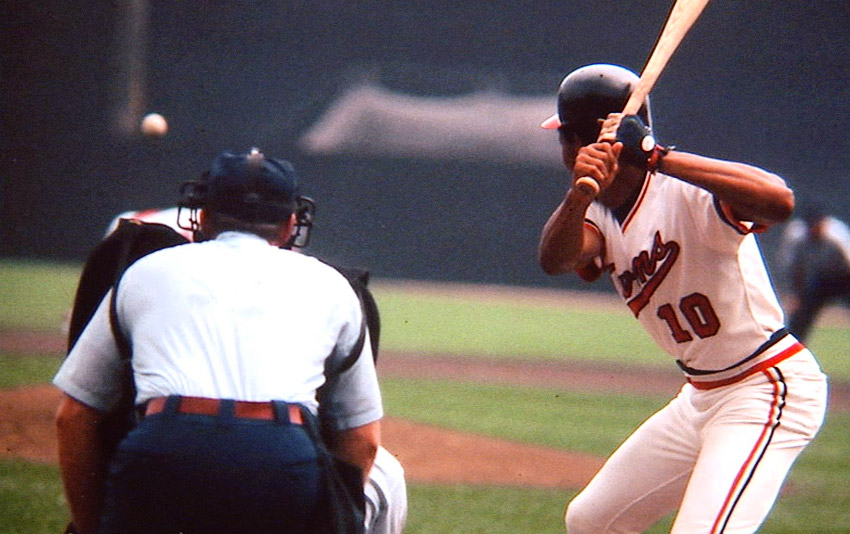
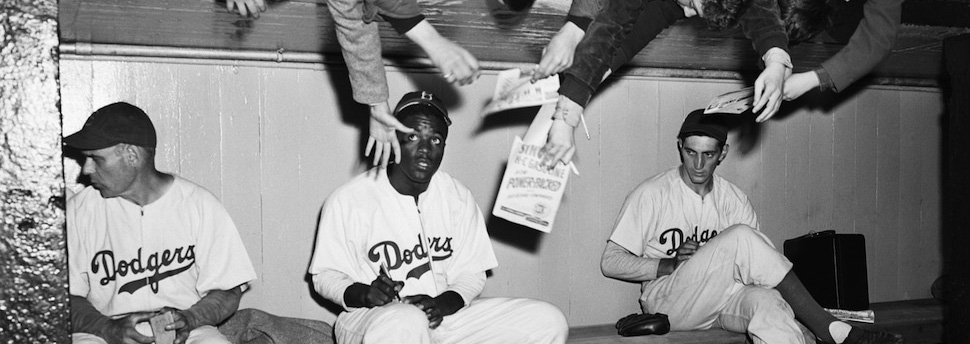
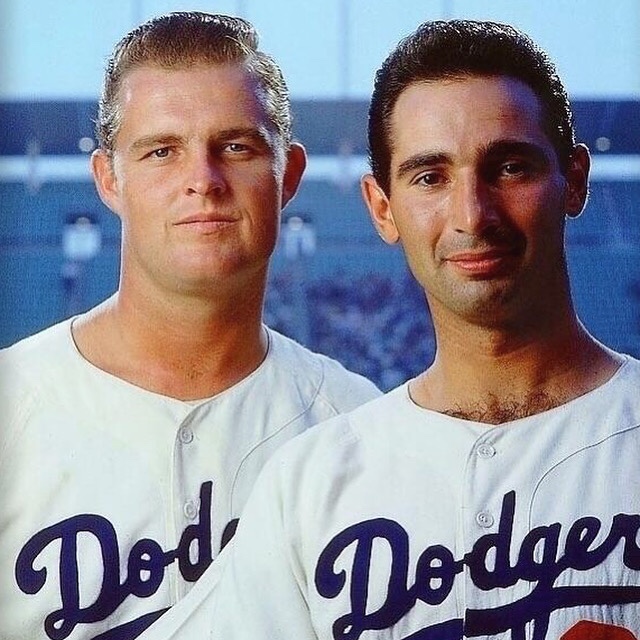
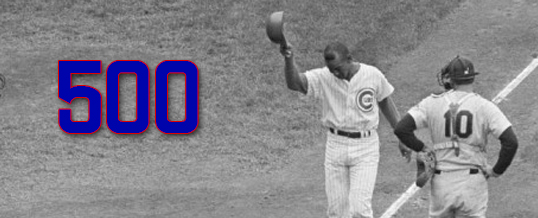
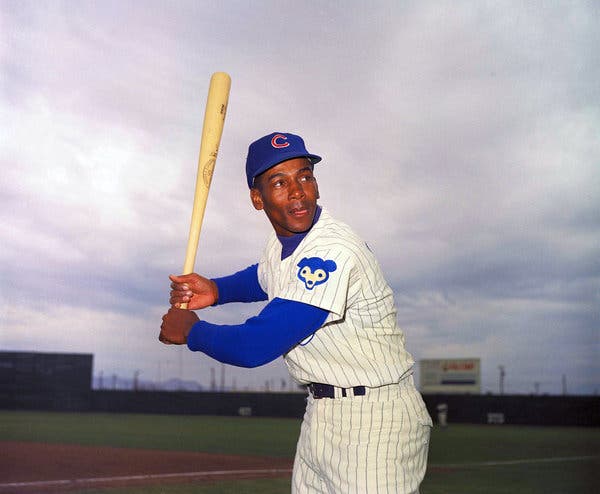
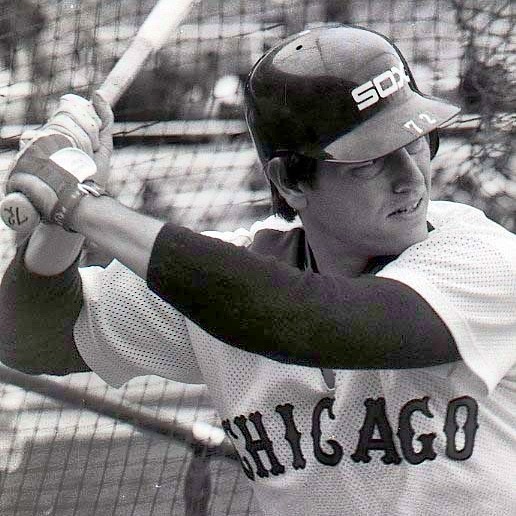

One Comment
Comments are closed.